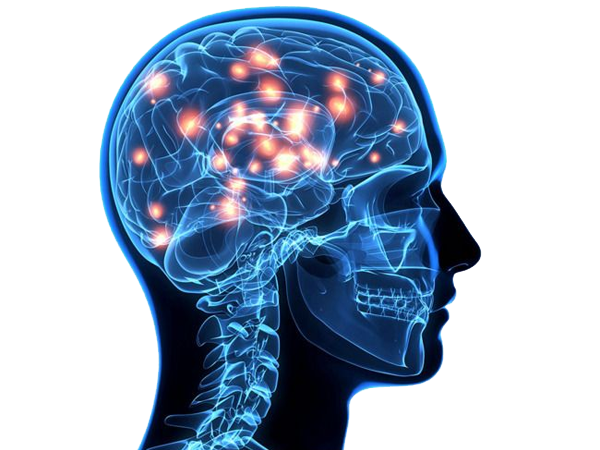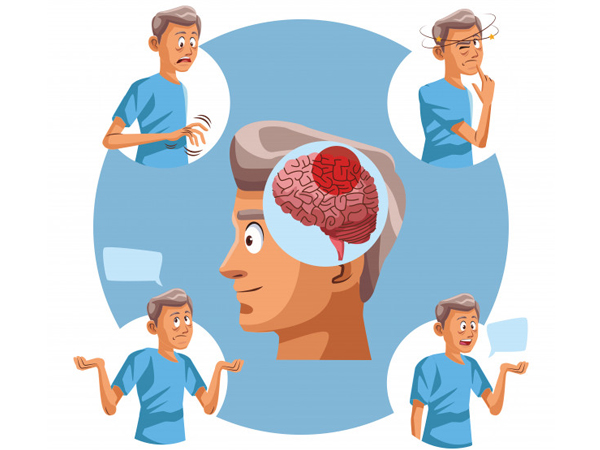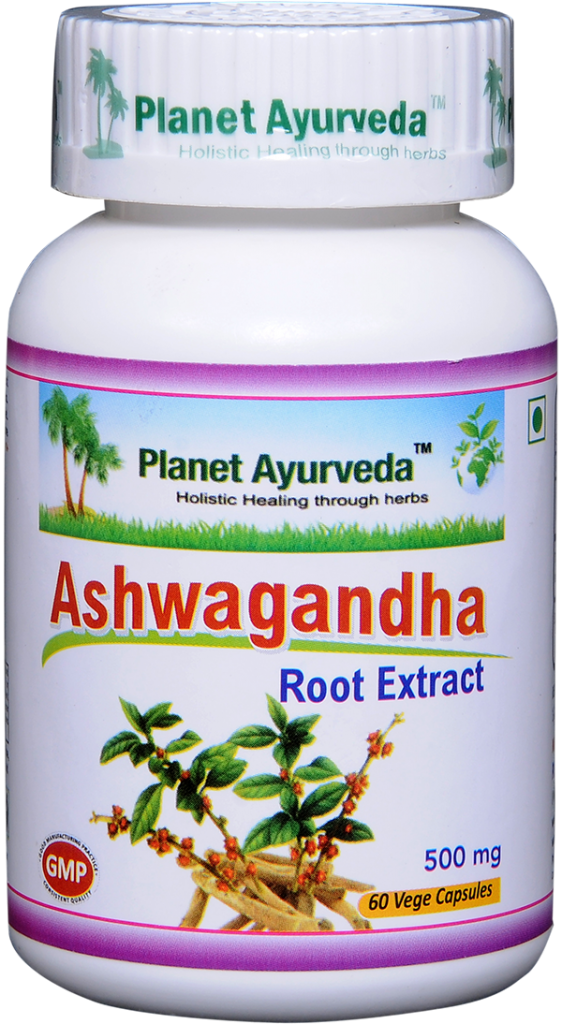Alternative Treatment For Prosopagnosia With Herbal Remedies
Abstract
Actor Shenaz Treasury revealed that she has been diagnosed with Prosopagnosia, she said, she is not able to put faces together and recognize the people by their voices. Prosopagnosia is a Greek word that combines as prósōpon means Face and agnōsía means No-knowledge, this word means blindness of face or you can say that the one who cannot recognize faces. This is a cognitive disorder that affects most people from birth. This is related to face perception in which there is the inability to recognize familiar faces, not even self-recognition. It can show its great impact on everyone’s life. Many people with this condition are at a severe stage not able to remind their life partners, friends, or family members. They help themselves by using different techniques of remembering the ones like how they talk, how they walk or their voice or the way of wearing clothes. In this article we are going to discuss Prosopagnosia, its causes, symptoms and Ayurvedic view with its management.

Introduction
Prosopagnosia is a brain disorder, that means there is a difficulty in recognition of familiar faces in person. This condition is also named face blindness. This lack of recognition can happen with the people they meet on a regular basis like spouses, close friends or even their own faces. Mildly this condition can only relate to face but in severe cases this condition can be related to things or objects that they use in everyday life. Social distance or stress and maybe depression can be the two frequent responses that can result due to this condition. In Allopathy there is no cure for this disease but in Ayurveda, we have great management strategies to control this disease effectively. In this condition, there may be damage to the right fusiform gyrus, which is a fold in the brain that controls the neural system which coordinates with the memory power and facial perceptions.
Causes of Prosopagnosia
Prosopagnosia can be the result of lesions in the inferior occipital areas or in the anterior temporal cortex or the fusiform gyrus, these areas are responsible for response to recognition of the face. This is the most common etiological factor behind the cause of this particular disease. Other less common reasons that can result in this disease are encephalitis, any neoplastic growth, atrophy of the right temporal lobe, Alzheimer’s disease, and Parkinson’s disease. It may be caused due to particular drug poisoning the most common one is carbon monoxide poisoning.
Classification
There are three types of Prosopagnosia
- Apperceptive
- Associative
- Developmental
1. Apperceptive
Right occipital temporal region plays a major role in this type of Prosopagnosia. People with this disease are facing difficulty in differentiating their faces. These patients also struggle with the recognition of facial emotions. They may recognize the people with their clothes, or with their voice or way of talking.
2. Associative
This is an acquired type of Prosopagnosia, in this condition the right anterior temporal region plays a major role. In this particular type, people may be able to differentiate the person with their photo or face and may also know the age and sex information from their picture or in person but they may not be able to tell about their respective identity, occupation, or even their recent meeting.
3. Developmental
This is a congenital Prosopagnosia in which unable to recognize the faces are occurring from childhood and for a lifelong duration. This can be unknown up to the adult age, this can be known as an anomaly of the genetic basis and runs into the families. Several studies show that 1 in 45 people have this specific disease and in the UK around 1.5 million people are suffering from this disease.
Common compiled complaints that are explained by Prosopagnosiac patients
- The affected person is finding difficulties in recognizing close friends, spouses, or family members.
- They get confused more easily in movies or in television characters than a normal person.
- The affected person finds difficulty in face recognition so they start to remember their hairstyle, way of walking, or way of talking rather than their face.
- Patients may find difficulties in identifying themselves in mirrors or recent photographs.
- Start maintaining some social distance to ignore the crowd.
Ayurvedic View
Ayurvedic medicines are used traditionally worldwide, and ayurvedic treatment is well known for maintaining the equilibrium in body, mind, and soul. As per Ayurveda science, this disease can be correlated with Tridoshaj vyadhi with the dominance of Vata Dosha which directly shows its impact on Majja dhatu in the mind. In this type of disease, there are various helper methods that can be adopted by the patient. Famous panchakarma procedures can also be done in the management of Prosopagnosia that are Basti (enema therapy which is worldwide used to lowers the Vata dosha), Shiro basti ad shiro dhara (that are locally applied on the head region), Nasya (drop infusion in nostrils) etc. and many herbal remedies that are mentioned in Ayurvedic texts. Planet Ayurveda provides very effective medicines to treat such neurological diseases, with the help of natural herbs and minerals.
Herbal Remedies for Prosopagnosia by Planet Ayurveda
Planet Ayurveda is a GMP-certified medicinal manufacturing company that helps the needful persons. Our medications work as detoxifiers for the body and help in regenerating the damaged areas. Our herbal formulations consist of natural ingredients that are 100% free from colors, dyes, fillers, or any other chemical constituents. It doesn’t cause any side-effects and shows great results. These are manufactured by classical methods that are mentioned in our classical texts and under the guidance of the most experienced MD Ayurveda Experts. Here, are some herbal formulations that are used for this condition
- Memory Support
- Saraswatarisht
- Neurogenie Capsules
Product Description
1. Memory Support
This is a patent formulation of planet Ayurveda prepared by classical methods consisting of medhya herbs like Brahmi (Bacopa monnieri), Vacha (Acorus calamus), Yashtimadhu (Glycyrrhiza glabra) etc. as the name suggesting the product is made for enhancing the memory power and give stability to the patient’s thinking capacity. These medhya herbs help to strengthen the nerves in the brain and rejuvenate the cognitive functions.
Dosage : 1 Capsules twice daily, with lukewarm water, after meals.
2. Saraswatarisht
This is a classical herbal formulation prepared by Planet Ayurveda consisting of various herbs like Brahmi (Bacopa monnieri), Shatavari (Asparagus racemosus), Vidarikanda (Pueraria tuberosa) etc. these herbs are also directly acting on the brain because they are having such miraculous properties that can cross the blood-brain barrier and gives wonderful results in strengthening the nervous system thus helping in such conditions which are caused due to impaired brain functions.
Dosage: 2 tsp twice daily with lukewarm water after meals.
3. Neurogenie Capsules
This is a patent herbal formulation prepared by Planet Ayurveda with standardised extracts of Brahmi (Bacopa monnieri), ashwagandha (Withania somnifera). These both herbs are very effective in modulating the neuroendocrine-immune systems. Both are used to enhance the memory and cognitive functioning of the brain and also help to increase the blood flow to the brain.
Dosage: 1-2 Capsules twice daily, with plain water, after meals.
Conclusion
Prosopagnosia is a cognitive disorder that affects people from birth and is related to face perception difficulties in which there is an inability to recognize familiar faces. This disease is also called face blindness, this may develop social anxiety and depression in most of the patients. In this cognitive disorder, we can use herbal medicines that are very effective in maintaining the mental health of the patient. Planet Ayurveda provides best herbal products that are 100% natural and don’t show any side-effects. In case of any query kindly visit www.PlanetAyurveda.com






